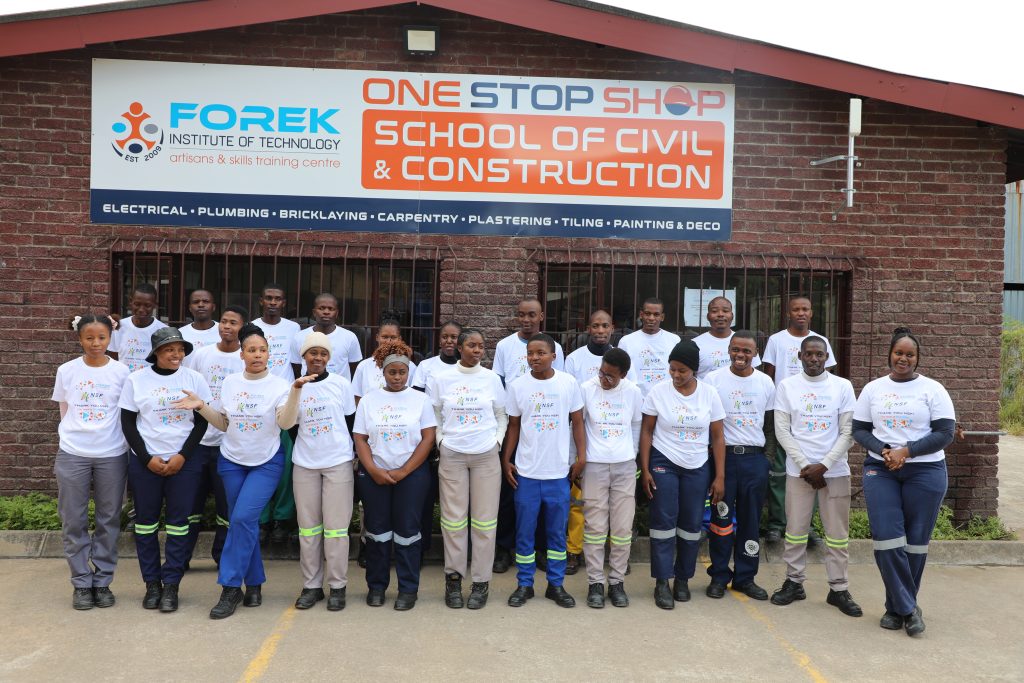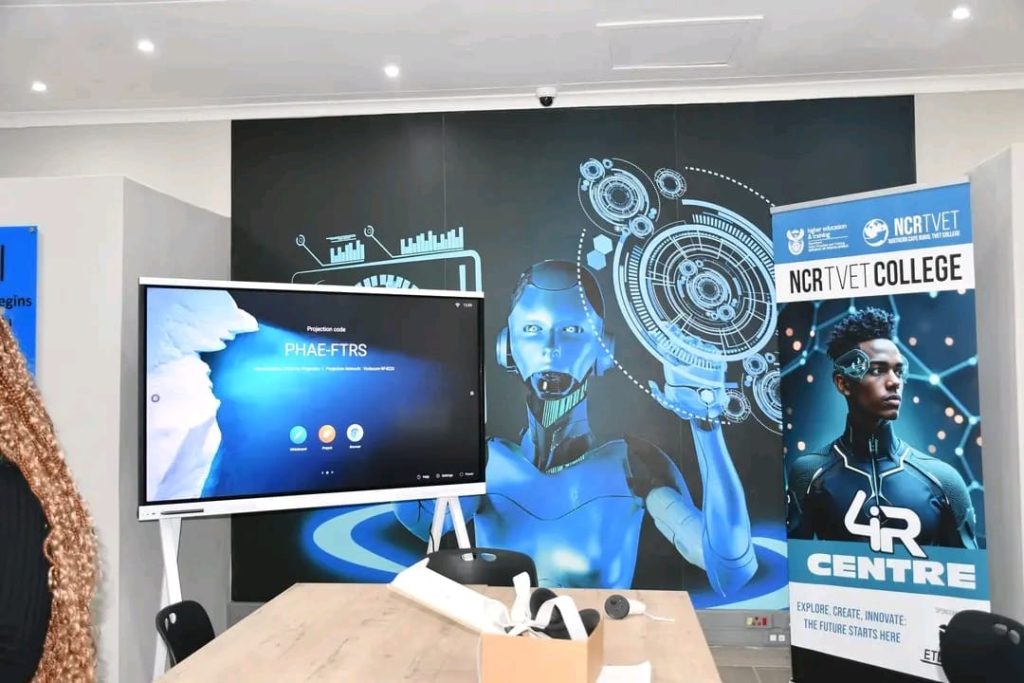By Honest Sihlango
The National Skills Fund (NSF) continues to play a crucial role in empowering South Africans from rural and historically disadvantaged backgrounds through targeted investment in artisan development.
Forek Institute of Technology, a training provider located in Kabokweni, Nelspruit, Mpumalanga, is dedicated to developing skills in occupational trade qualifications, occupational non-trade qualifications, construction skills, ARPL, trade testing, corporate training, coaching, mentorship, incubation, project management, and business skills. Situated in a community where 90% of the population comes from historically disadvantaged backgrounds, the institution plays a pivotal role in advancing skills development and economic inclusion.
In 2022, the NSF invested R22.7 million to support artisan training programmes at Forek Institute of Technology. This investment enabled 100 beneficiaries to gain skills in plumbing, welding, and electrical trades, equipping them with technical expertise and practical experience in sectors that are in high demand and essential to the country’s infrastructure and economic development. This initiative focused on equipping beneficiaries with technical expertise and practical experience.
Building on this success and recognising the need to scale up opportunities, NSF partnered with Forek Institute of Technology and the Mpumalanga Economic Growth Agency (MEGA), approving an additional R46.4 million to expand the programme, the partnership enabled training for an additional 200 beneficiaries in the same critical trades: plumbing, welding, and electrical.
Together, these collaborative efforts have empowered 300 beneficiaries with artisan skills and trade test opportunities, opening pathways to employment, entrepreneurship, and sustainable livelihoods. This not only strengthens their employability but also opens pathways to entrepreneurship and self-reliance. The partnership between Forek, NSF, and MEGA stands as a transformative model of how skills development can change lives and contribute to broader socio-economic growth in Mpumalanga and beyond.
While numbers highlight the scale of NSF’s investment, the true impact is best understood through the personal experiences of beneficiaries whose lives have been transformed by the programme:
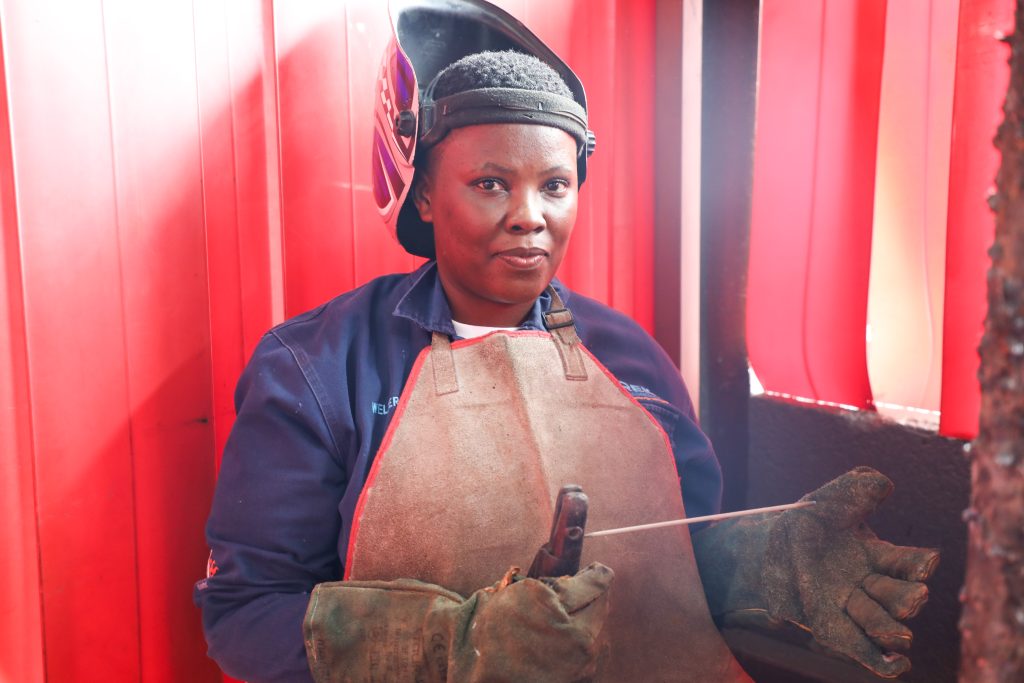
For Nokuzola Mbuli, a welding beneficiary, the impact is deeply personal:
“Before this opportunity, I was sitting at home without prospects. Now I can weld, I can build, and I can provide for my family. The NSF gave me hope.”
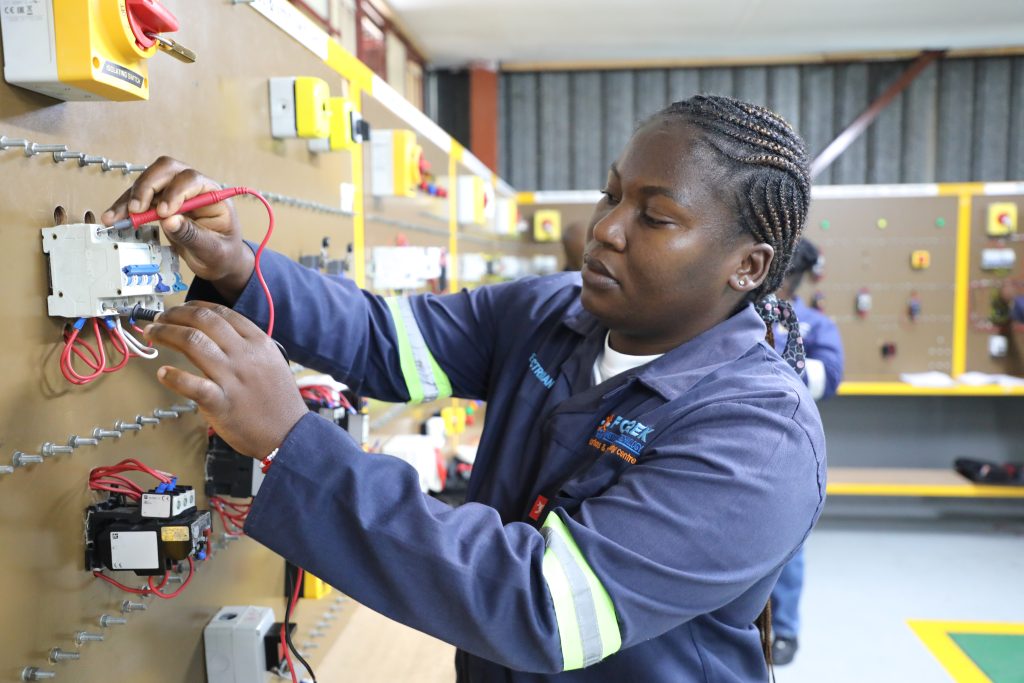
Nolwazi Ndlovu, an NSF-funded electrical trainee, shared how the programme has challenged gender stereotypes:
“As a young woman, I never thought I would become an electrician. This training has shown me that I can succeed in any trade. I am ready to start my own business.”
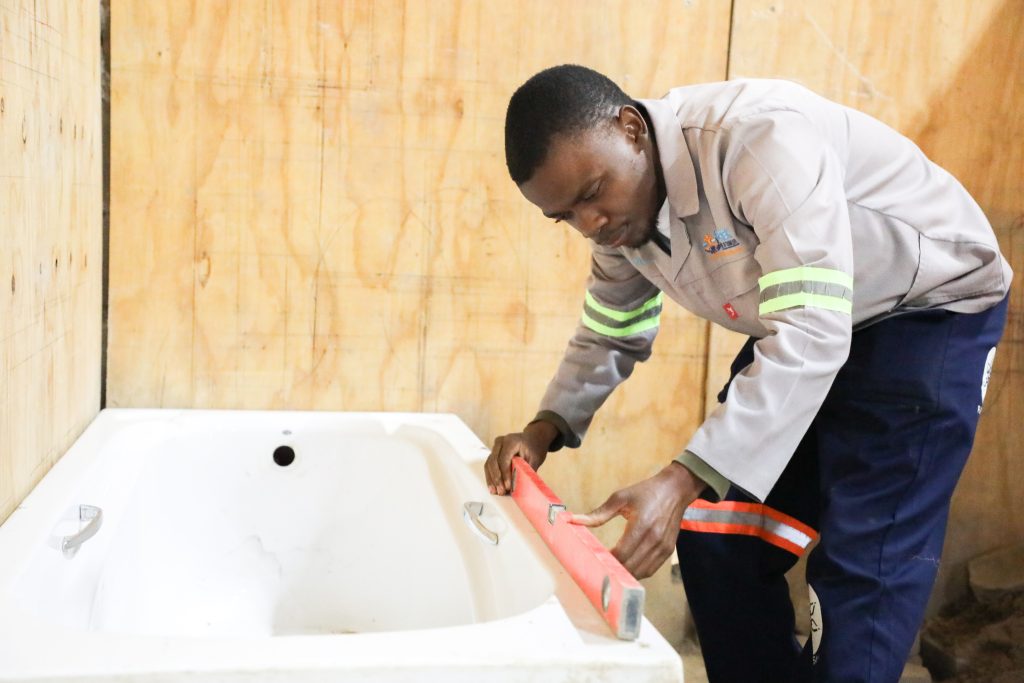
For Emmanuel Khumalo, who trained in plumbing, the skills gained are not just for personal advancement but also for meeting community needs:
“Plumbing is a skill that will always be needed in our communities. Thanks to NSF, I now have a trade that puts food on the table.”
By investing in artisan development in rural areas, the NSF is doing more than providing skills, it is breaking cycles of poverty, creating job opportunities, and transforming communities. The partnership between NSF, Forek, and MEGA stands as a model of how collaboration can uplift lives and build South Africa’s future workforce.

